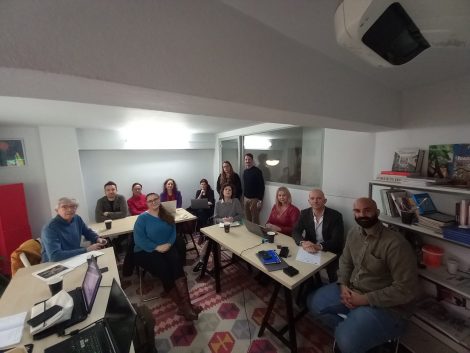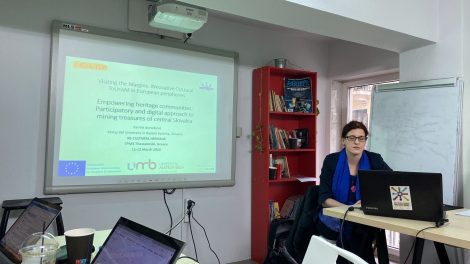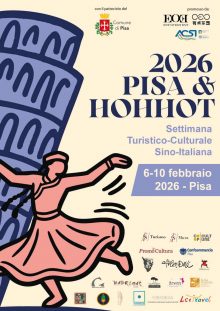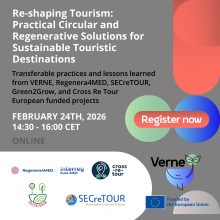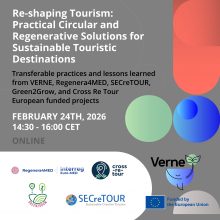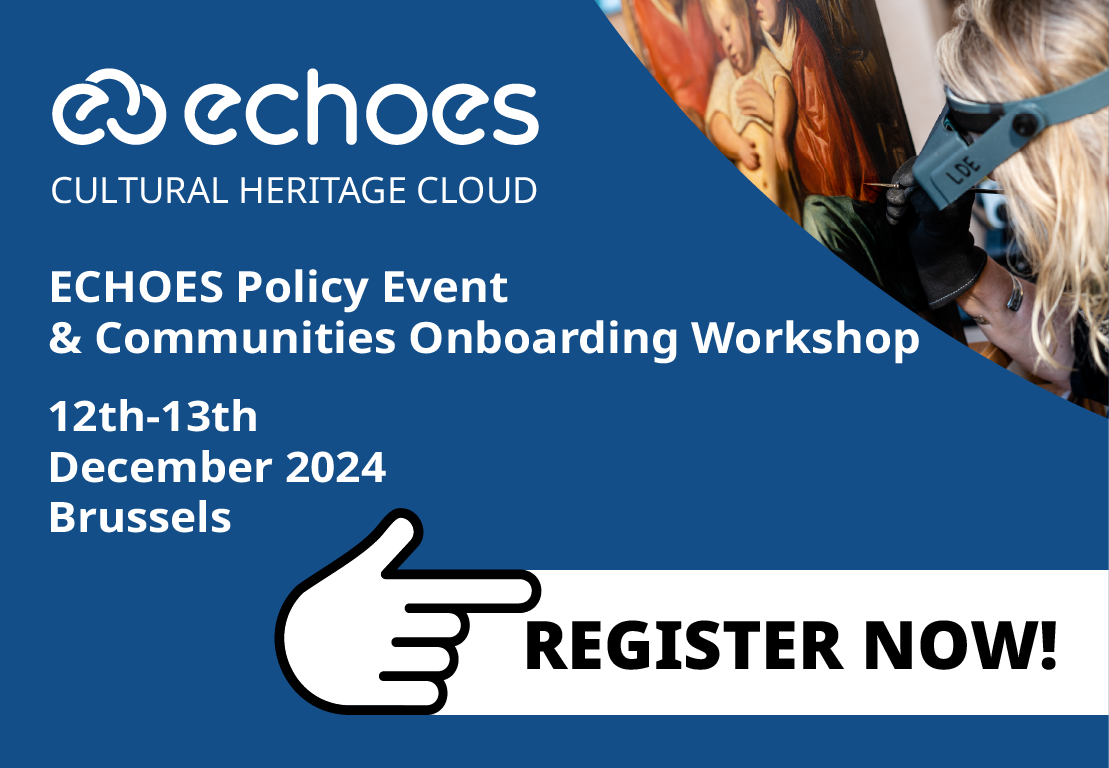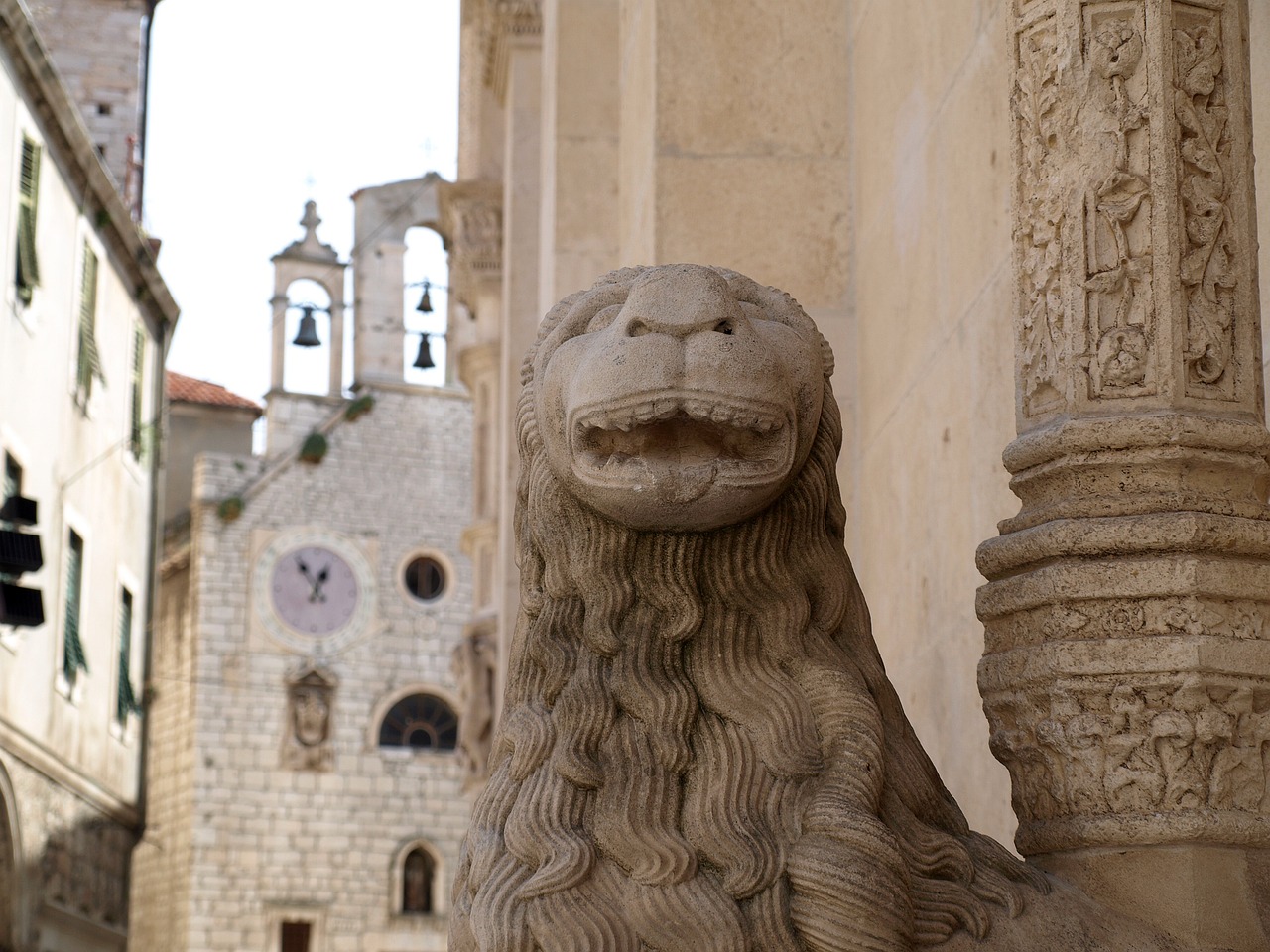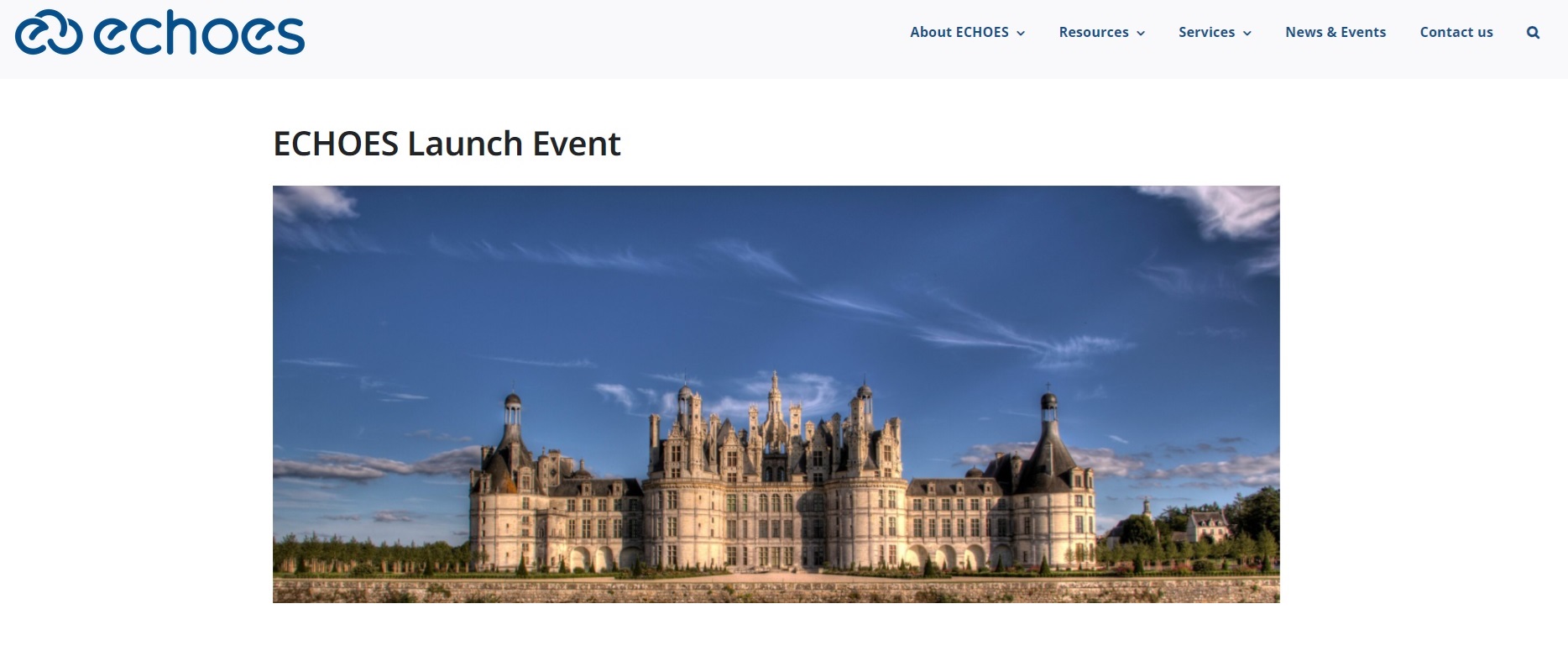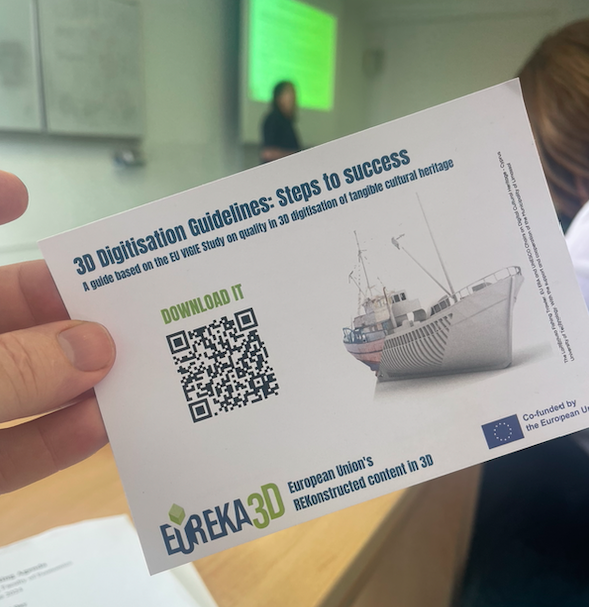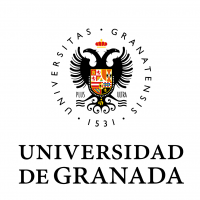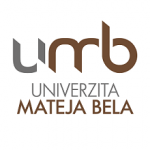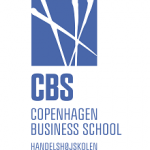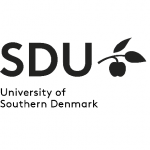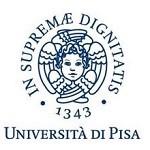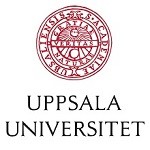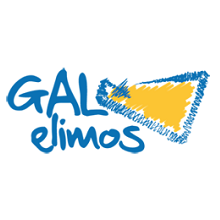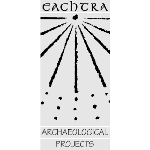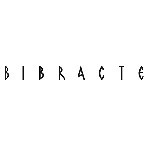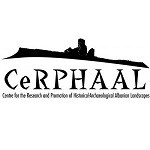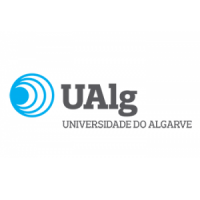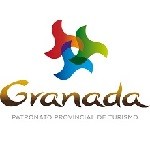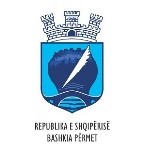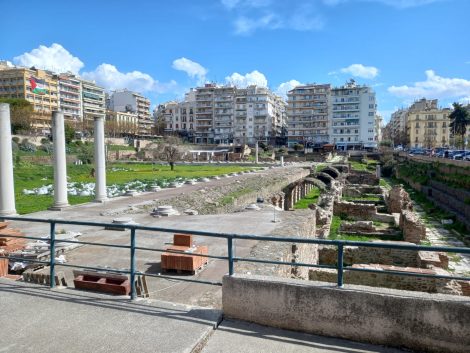 In Thessaloniki, Greece, the Transnational Project Meeting titled “RE-CULTURAL HERITAGE: Reviving of Cultural Heritage: Social and Economic Empowerment of Rural Areas” held on March 11-12, 2024.
In Thessaloniki, Greece, the Transnational Project Meeting titled “RE-CULTURAL HERITAGE: Reviving of Cultural Heritage: Social and Economic Empowerment of Rural Areas” held on March 11-12, 2024.
Kamila Borseková (Matej Bel University) delivered presentation on “Empowering Heritage Communities: Participatory and Digital Approach to Mining Treasures of Central Slovakia“, and highlighted the innovative strategies employed by the INCULTUM project to engage local communities in the preservation and valorization of their cultural heritage. Through a participatory methodology, the INCULTUM pilot action on Mining treasures of Central Slovakia aims to breathe new life into the unique mining heritage of Central Slovakia.
The discussion that followed this presentation was rich and engaging, with RE-CULTURAL project partners from Spain, Italy, Greece, Turkey, and Austria sharing insights and experiences from their respective contexts. This exchange underscored the universal challenges and opportunities in cultural heritage preservation and the potential of collaborative approaches to address them.
The meeting in Thessaloniki was not just a platform for sharing the achievements of individual projects but also a fertile ground for exploring synergies between the INCULTUM and RE-CULTURAL Heritage projects. Both initiatives share a common goal of enhancing the social and economic empowerment of rural areas through the revival of cultural heritage. By fostering dialogue and collaboration, the event contributed significantly to the dissemination of the INCULTUM project’s results among relevant stakeholders and the broader community interested in cultural heritage preservation.
The Transnational Project Meeting in Thessaloniki was a testament to the power of collaboration and shared vision in the realm of cultural heritage preservation. Kamila Borseková’s presentation on the INCULTUM project and its efforts in Central Slovakia served as a beacon of inspiration, demonstrating the transformative potential of participatory and digital approaches in reviving cultural heritage.
